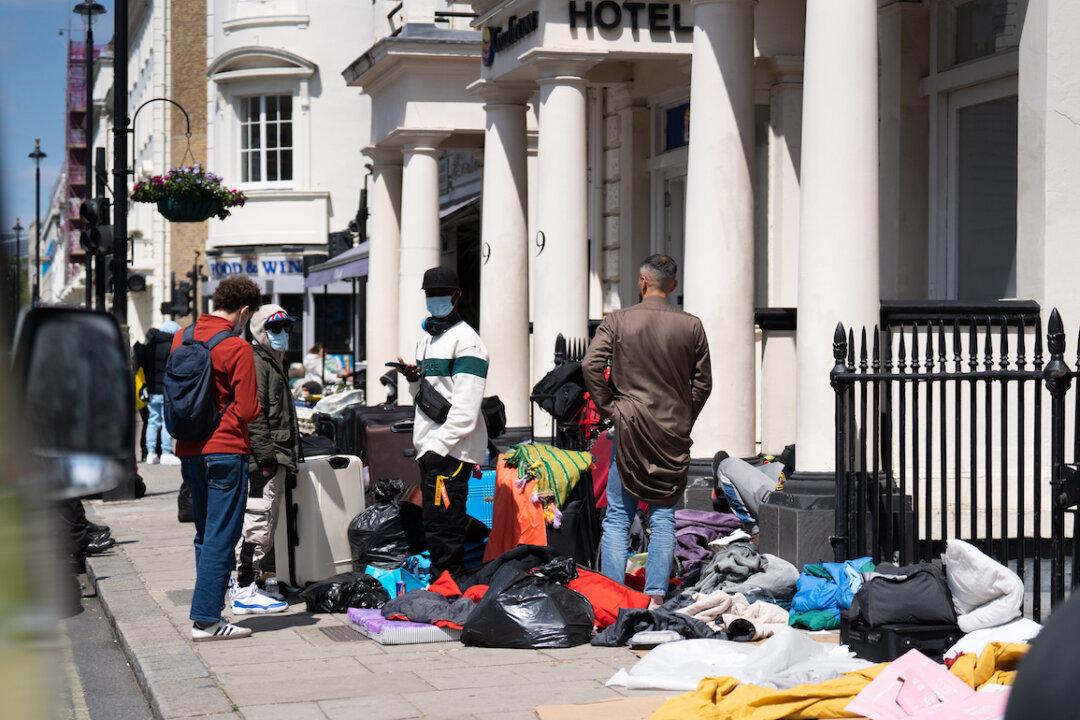A leading local authority group has warned that some of the 50 hotels set to close its doors to illegal immigrants may have to be reopened by councils to cope with asylum pressures.
The Local Government Association (LGA) said the government has yet to offer any alternatives to house illegal immigrants, warning the plans will just leave more homeless.





